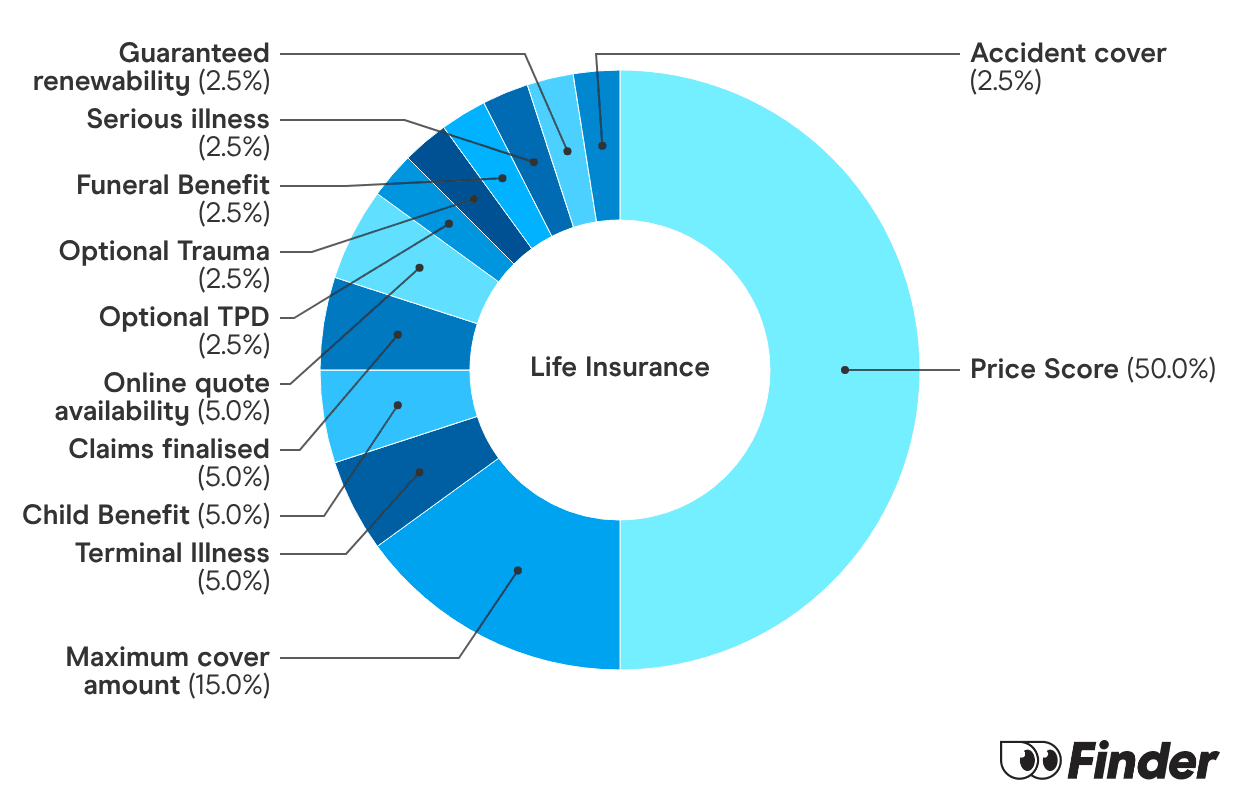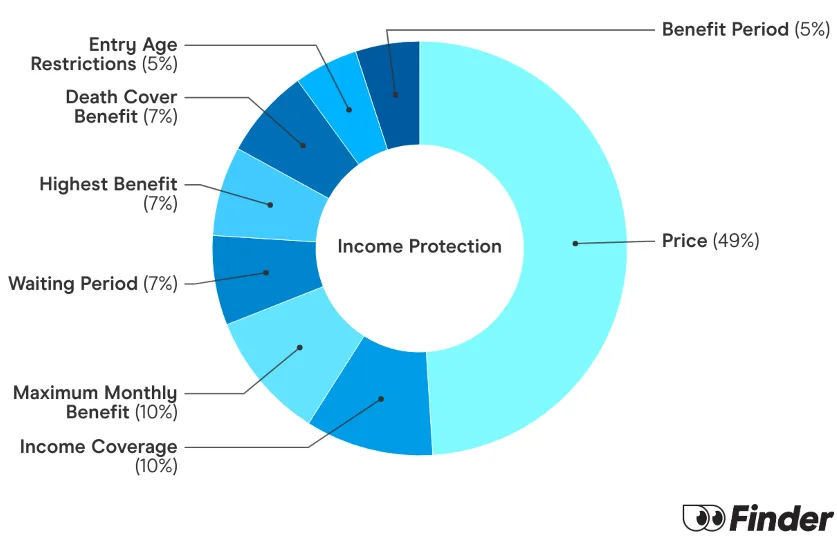If you answered YES, then you need to consider life insurance first and foremost. If you died, your family or partner would be left with a massive financial burden. Without a life insurance lump sum, they could be forced to move house, schools and significantly downgrade their current standard of living.
If you're the primary or sole earner and you pay the bills, income protection could be really helpful as well, particularly if you don't have or want to dip into your savings.


